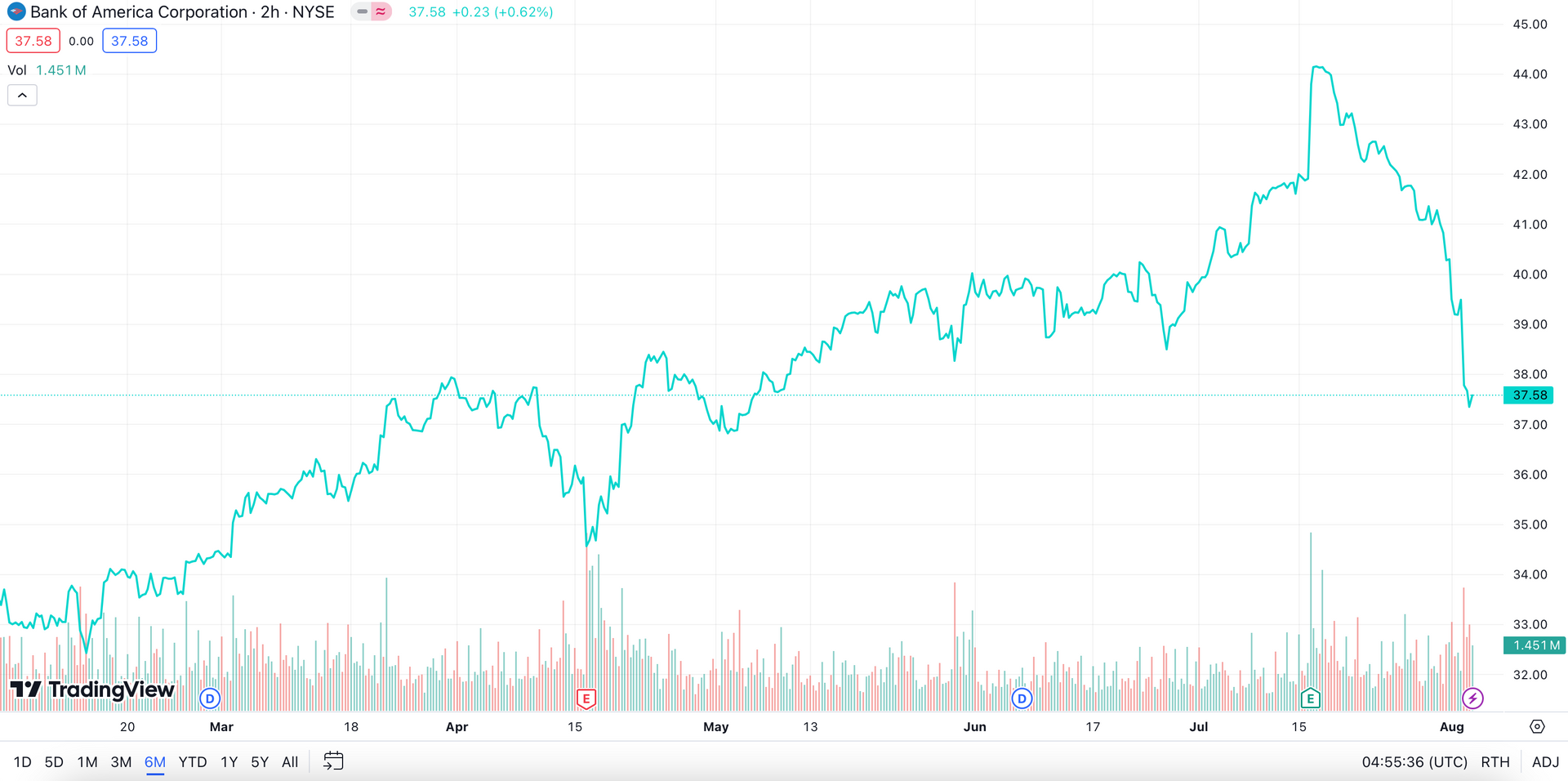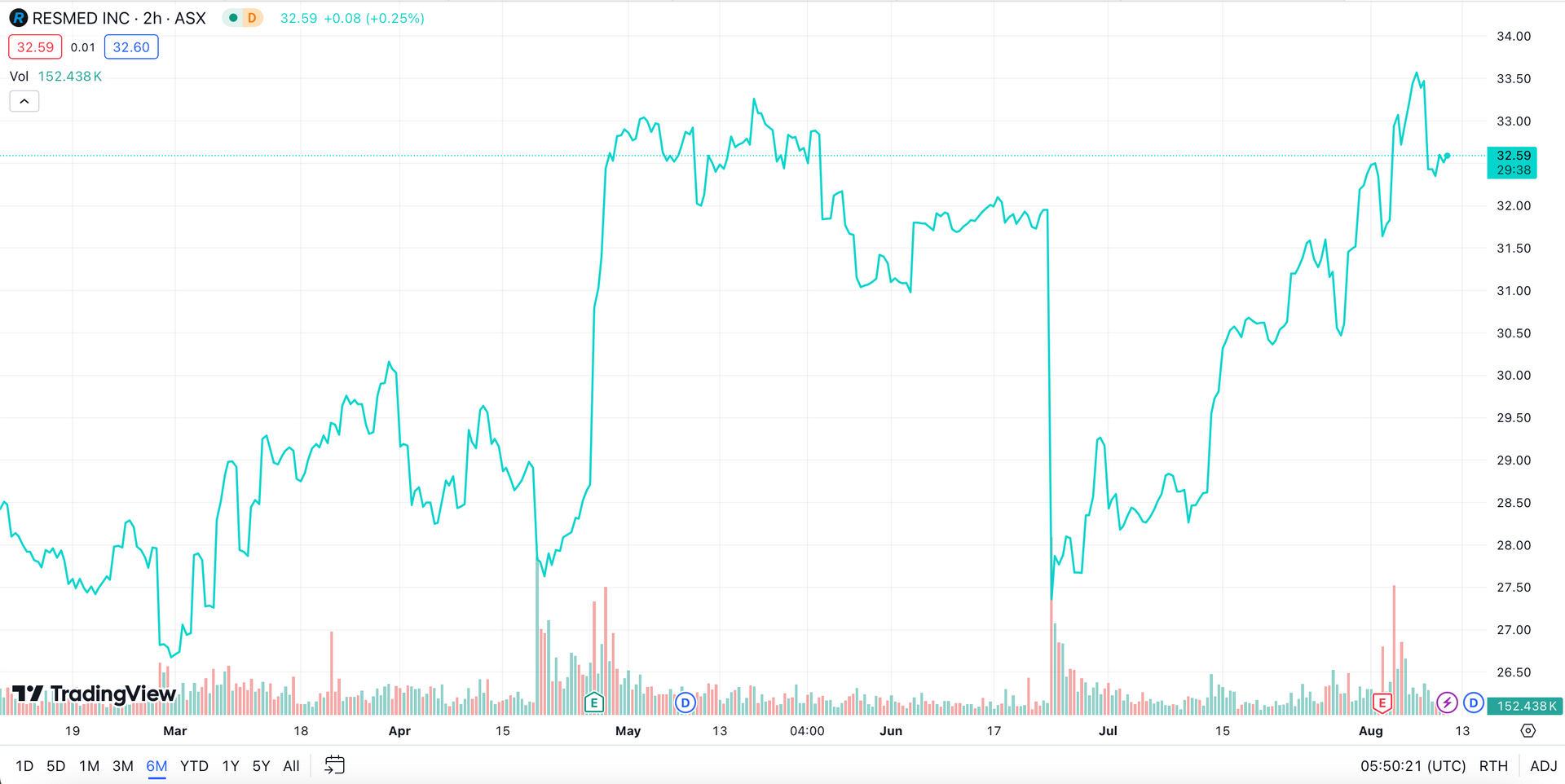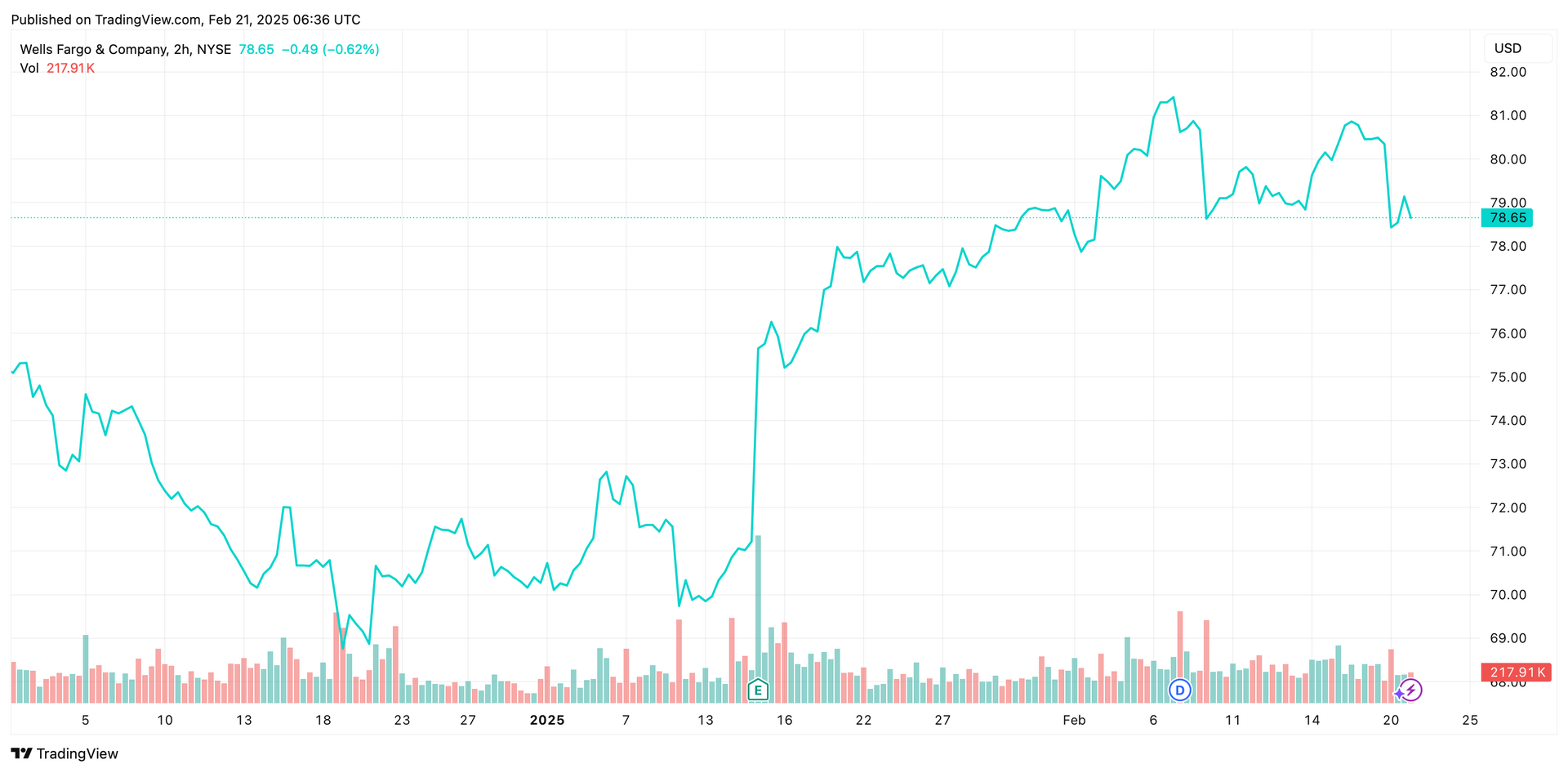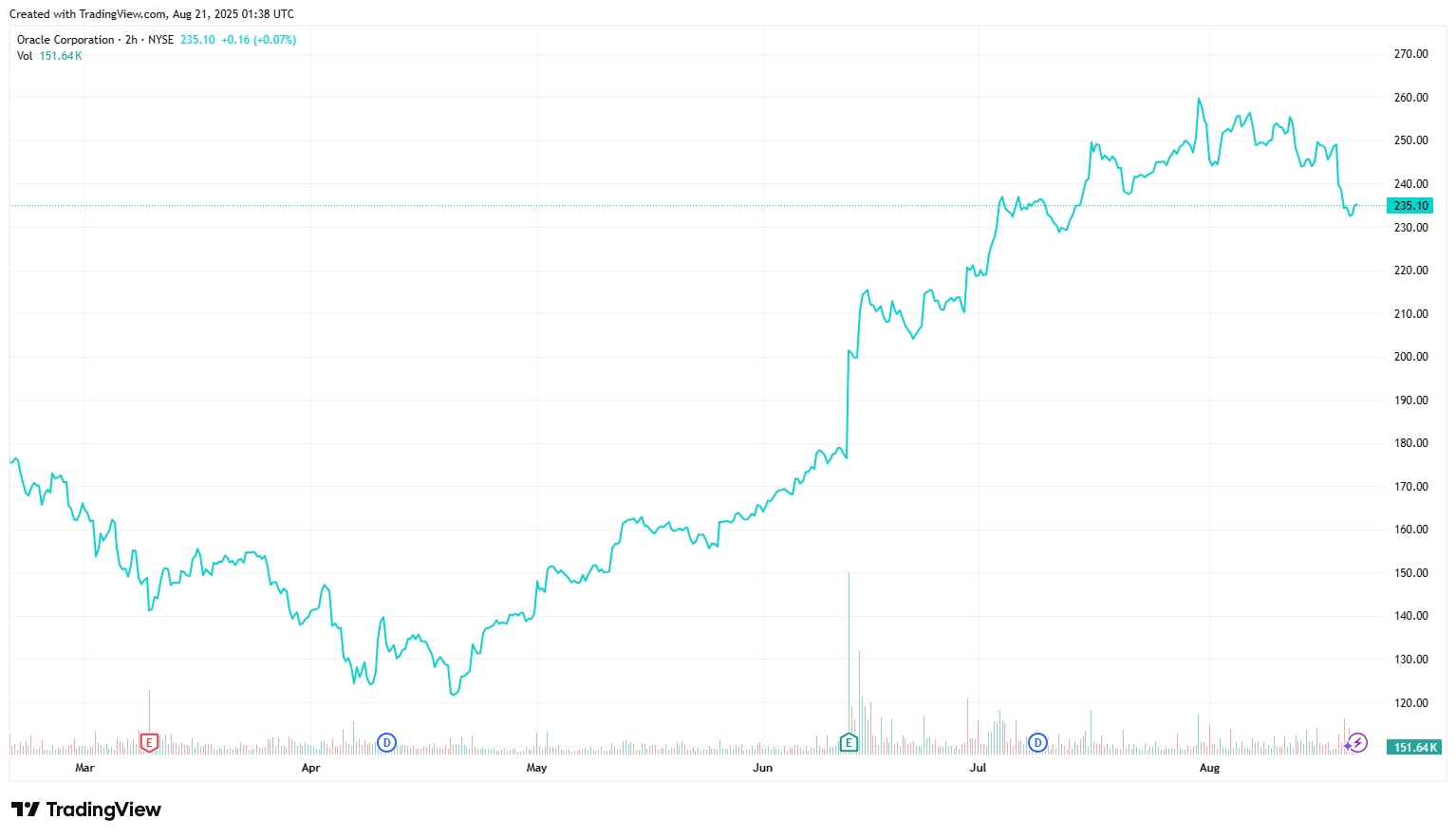The Electric Future: What Surging EV Demand Means Beyond Cars
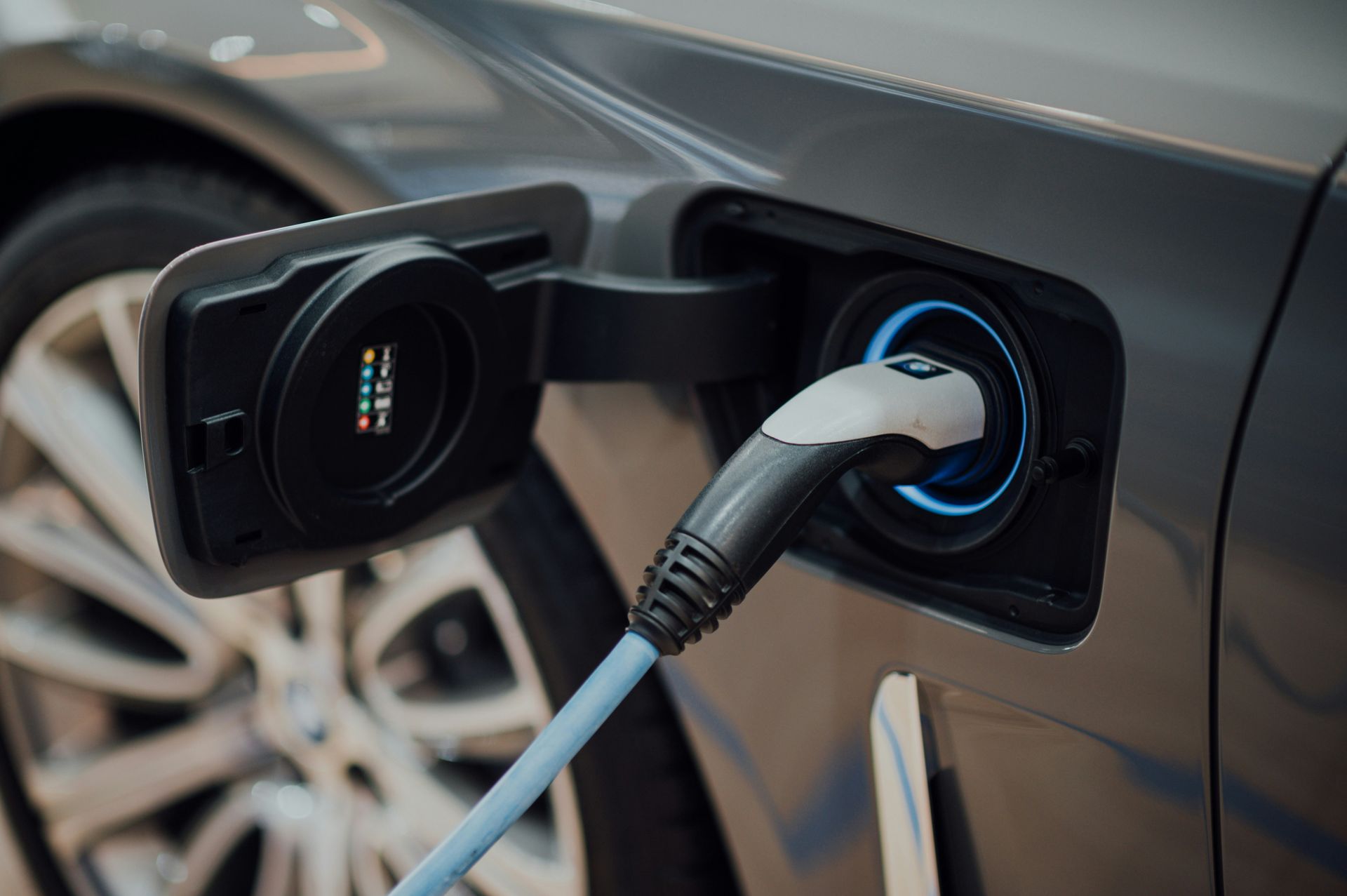
Global electric vehicle (EV) adoption has entered a new phase of acceleration. According to the International Energy Agency’s Global EV Outlook 2025, sales of electric cars exceeded 17 million in 2024, representing more than 20% of total car sales worldwide. This milestone signals that EVs are no longer a niche category but are moving rapidly into the mainstream, reshaping not only the automotive sector but also energy, infrastructure and consumer markets
Battery Supply Chains Under Pressure
The surge in demand for EVs is driving unprecedented growth in the battery sector. Lithium-ion batteries remain the dominant technology, and their production is expected to increase fourfold by 2035. BloombergNEF projects that global battery demand will reach 5.9 terawatt-hours (TWh) by 2035, compared with less than 1 TWh in 2024. This will require significant investment in mining, refining and cell manufacturing, particularly for lithium, nickel and cobalt.
While supply chains are expanding, challenges remain. Concentration of critical mineral production in a handful of countries leaves the sector exposed to geopolitical risk. At the same time, automakers are diversifying supply agreements and investing directly in upstream projects to secure access to resources. Advances in recycling technology are also expected to alleviate some raw material pressures, with recycled batteries forecast to account for more than 10% of supply by 2035.
Charging Infrastructure as the Next Bottleneck
The expansion of public charging infrastructure is struggling to keep pace with rising EV adoption. The IEA estimates that the number of public charging points worldwide will need to grow sixfold by 2035 to support projected fleet growth. Rapid chargers are particularly important for long-distance travel, yet their rollout remains uneven, with Asia and Europe advancing faster than North America.
Private charging at homes and workplaces remains the dominant model, but as EV penetration rises, access to reliable and fast charging in urban areas will be crucial. Utilities and governments are increasingly incentivising infrastructure buildout, but financing and grid integration challenges remain. The success of EV adoption over the next decade depends on how quickly infrastructure expands.
The Impact on Power Grids and Electricity Bills
Higher EV penetration is transforming electricity demand patterns. Charging demand is projected to add nearly 10% to global electricity consumption by 2035, equivalent to the current annual demand of Japan. This presents both challenges and opportunities for grid operators.
Unmanaged charging risks straining grids during peak hours, potentially driving up costs for consumers. However, smart charging and vehicle-to-grid systems offer solutions by shifting demand to off-peak times and providing flexible storage capacity. Some utilities are already trialling tariffs that reward overnight charging, helping to lower costs for EV owners while easing pressure on networks. Whether the transition enhances or undermines affordability will depend on how effectively these tools are deployed.
Beyond Transport: Broader Mobility Trends
The expansion of EVs is accelerating a broader reconfiguration of mobility. Shared electric fleets, last-mile logistics and autonomous vehicles are emerging alongside clean energy adoption, creating powerful network effects across urban transport systems. Cities are beginning to integrate charging hubs with public transit, while logistics providers are redesigning delivery networks around electrified fleets to cut costs and meet decarbonisation targets.
Automakers are no longer simply vehicle manufacturers but are transitioning into integrated energy and software players. Many are investing in battery storage, grid-support technologies and in-car digital ecosystems that extend monetisation well beyond the initial sale. This convergence of transport, energy and digital services is blurring sectoral boundaries, giving rise to new revenue streams such as vehicle-to-grid integration, subscription-based software features and fleet energy management.
EV adoption is not only transforming how vehicles are powered but is also reshaping how mobility is consumed, delivered and monetised. The companies able to capture value across these intersections between transport, infrastructure and energy are positioned to emerge as the long-term winners.

Investment Outlook
EVs have moved from niche to mainstream, and the momentum is unlikely to reverse. For investors, the opportunity extends well beyond car manufacturers. Miners, battery producers, recyclers, charging network operators, and utilities are all poised to benefit as adoption accelerates.
The key lies in selectivity. Not all companies in the value chain will thrive as supply constraints, regulatory shifts and technological disruption remain material risks. However, the sectors most aligned with the structural growth of electrification stand to generate outsized returns.
The EV transition is now a cornerstone of the low-carbon economy. For investors, success will come from identifying the businesses best positioned to capture value across energy, infrastructure and technology.
Subscribe to our newsletter
Disclaimer: This article does not constitute financial advice nor a recommendation to invest in the securities listed. The information presented is intended to be of a factual nature only. Past performance is not a reliable indicator of future performance. As always, do your own research and consider seeking financial, legal and taxation advice before investing.
